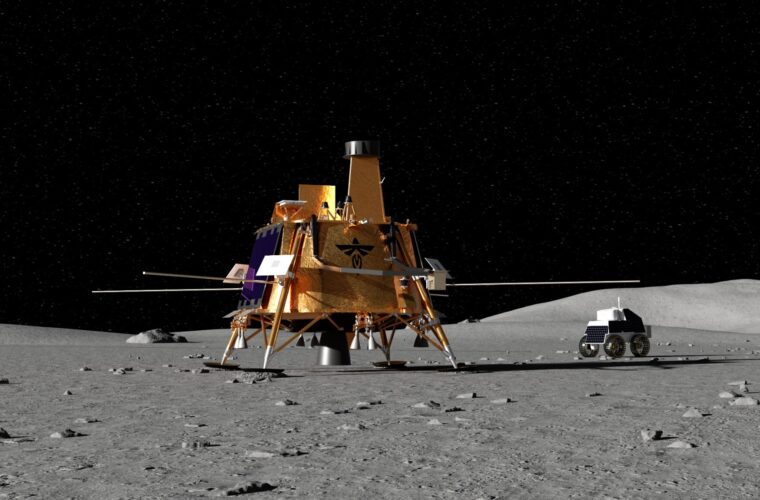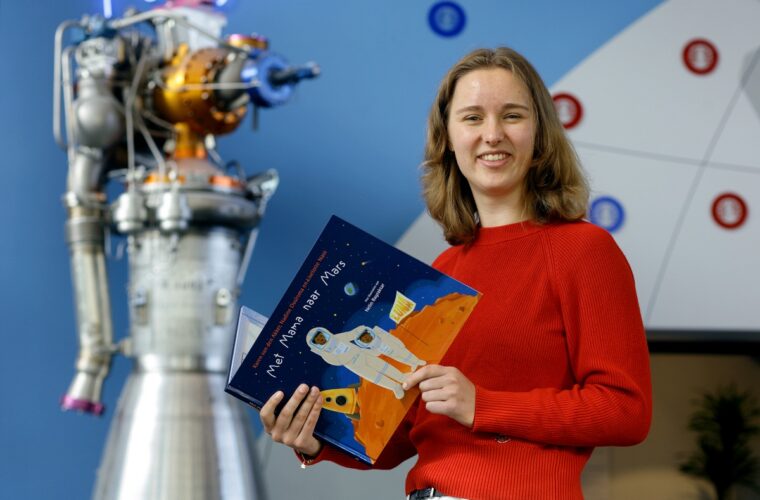Meet the talent: Libby Fenstermacher, Graduate Teacher & Researcher
Place of residence: Eugene, Oregon, USA.
Position: I am working towards my MA in Sociology at Sam Houston State University (SHSU), working part-time as a Graduate Teaching and Research Assistant for Dr. Jin Young Choi. My focus areas in sociology so far have revolved around gender disparities in STEM and Space-related disciplines and Sustainability and Technology via the lens of Environmental Justice and Equity. Outside of my educational background, I am now in my second semester as an intern for the Astrophysics division at NASA HQ under the Science Mission Directorate.
Please describe a day in your life
First thing, my partner and I spend a moment together, and each has a hot, steamy cup of dark roast coffee with a splash of plant milk creamer. After that, I either have a string of back-to-back video chats lined up or some reading to do for either my Social Inequality or Cultural Sociology seminars. Mid-afternoon, I take a lunch break and then usually play a strategy or card game to get my brain moving again. From this point, the rest of my day consists of researching, studying, networking, or writing in various rooms of my house. I like to move around to keep my mind fresh, so I have a few different study and workspaces set up.
After part two of the work/school day every evening, my partner and I make a delicious dinner together from scratch and then spend quality time catching up on the news and each other’s days before I run up to my office in the evening time to work or study until about 10:30/11 pm. At this point, it’s time to relax, goof off, and fully give into fun for the last hours of the night.
Finally, at about 12:45 pm, when I go to bed, I run through everything I learned or participated in one more time so that I process things while I dream and possibly wake up with a deeper understanding or knowledge. For me, everything comes down to time management and maintaining a positive work/life balance. I work hard most of the day but relax and play hard. Most importantly, as much as possible, I make sure to give my attention entirely to whatever moment I am inhabiting.
How many projects are you currently working on? Please describe them:
I am currently involved with and/or leading quite a few projects, I believe 5 in total.
First, there are two main public deliverables for my current NASA internship, which I will discuss further in the interview.
At SHSU I am working on a project with Dr. Jin Young Choi and Dr. Douglas Constance focused on the Organic Cotton Commodity System. Dr.Constance presented findings at the Rural Sociological Society conference this past July. I also work as Dr. Choi’s teaching assistant, where I grade and lead discussions for the undergraduate classes Intro to Sociology and Sociology of Health and Illness.
I am part of the Space Generation Advisory Council (SGAC), Our Giant Leap (OGL) project group on gender equality and diversity. More specifically, I am a member of the communications and partnerships team of the PADAWANS long-term project. PADAWANS aims to introduce young children to the many various professions one could pursue in the space sector. This is accomplished through workshops and hands-on experiences that PADAWANS, via SGAC volunteers, puts on in classrooms across Europe (and hopefully soon internationally). Currently, we are just about to have a booth at IAC in Milan in partnership with Women in Aerospace Europe (WIA-E). For my part in this, I am working with my team to create a display of the worlds created as one of the hands-on activities at each school where PADAWANS held a workshop.
Lastly, I also just became involved with Cosmos for Humanity as a Cosmos Ranger. I look forward to supporting their work and educating others in my current role as joint administrator for the Cosmos for Humanity English-language WhatsApp channel. I hope to become more involved with the organization in the future after I complete my current educational goals and milestones.
Tell us a bit more about your internship at NASA.
My internship is through the Astrophysics Division at NASA HQ to support the Committee for the Status of Women in Astronomy (CSWA), an established American Astronomical Society (AAS) committee. The AAS is the largest society of professional astronomers in North and South America. The internship is focused on implementing the CSWA’s strategic plan, which you can find out more about by visiting aas.org/comms/cswa.
I have been working on two main public-facing projects: a vlog series entitled ‘Space for Students’ (the first episode premieres October 2024) and a research paper on perception, women, and astronomy.
The purpose of the vlog series, found at womeninastronomy.blogspot.com, is three-fold. It aims not only to give a voice and exposure to those who are up and coming in the field but also to give feedback to the Astronomical community at large about the experiences of students who identify as women. The hope is that these interviews will not only share advice and lessons learned but will shed light on how to encourage and inspire more women from various backgrounds and skill sets to follow space trajectories and reach towards the stars.
In your opinion, who is the most influential person/company in the world of technology these days?
I could say Elon Musk or Apple, but I believe the most influential force in the world of technology today isn’t any single person or company. Instead, it’s you—the consumer, the user, and the participant in all past, present, and future technologies. Technology is just a machine and an idea without someone to keep it running or program its path, essentially giving it life. It’s up to technology’s users to actively participate in, embrace, and champion just and empowering technologies that promote sustainability and justice while discarding inequities.
If you could pick one app/product/project existing now that you wish you were involved in, what would it be?
I think ‘The Ocean Cleanup Project’ is doing amazing work. Their impacts not just physically in Earth’s waterways but globally in terms of education and outreach are outstanding and commendable. The project shows what can be achieved when communities come together to protect and support our planet and each other.
Also, I absolutely love what ‘Space for Humanity’ has accomplished and look forward to seeing more citizen astronauts head up to orbit. Space is metaphorically and physically a part of all of us; thus, everyone should experience its benefits. Each human who experiences the effect of viewing Earth from a high orbit influences thousands, if not millions, of others through their gained perception. This has the power to influence humanity by passing down a cosmic perspective. I believe this viewpoint, when shared, could ultimately help unite and equalize us all.
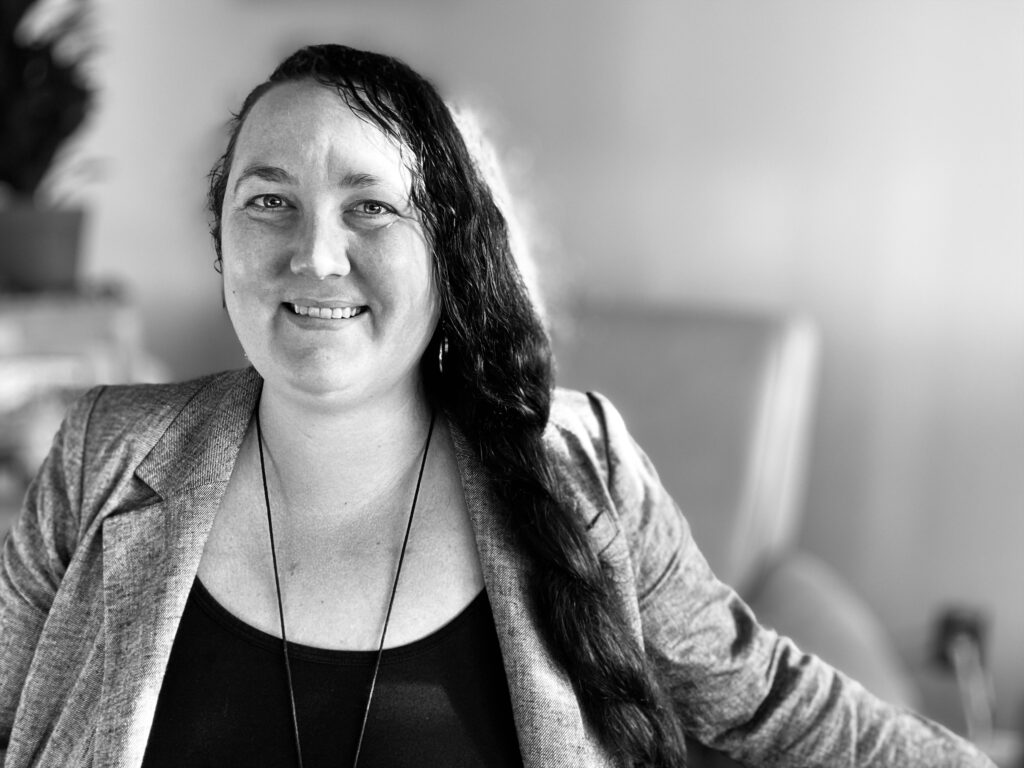
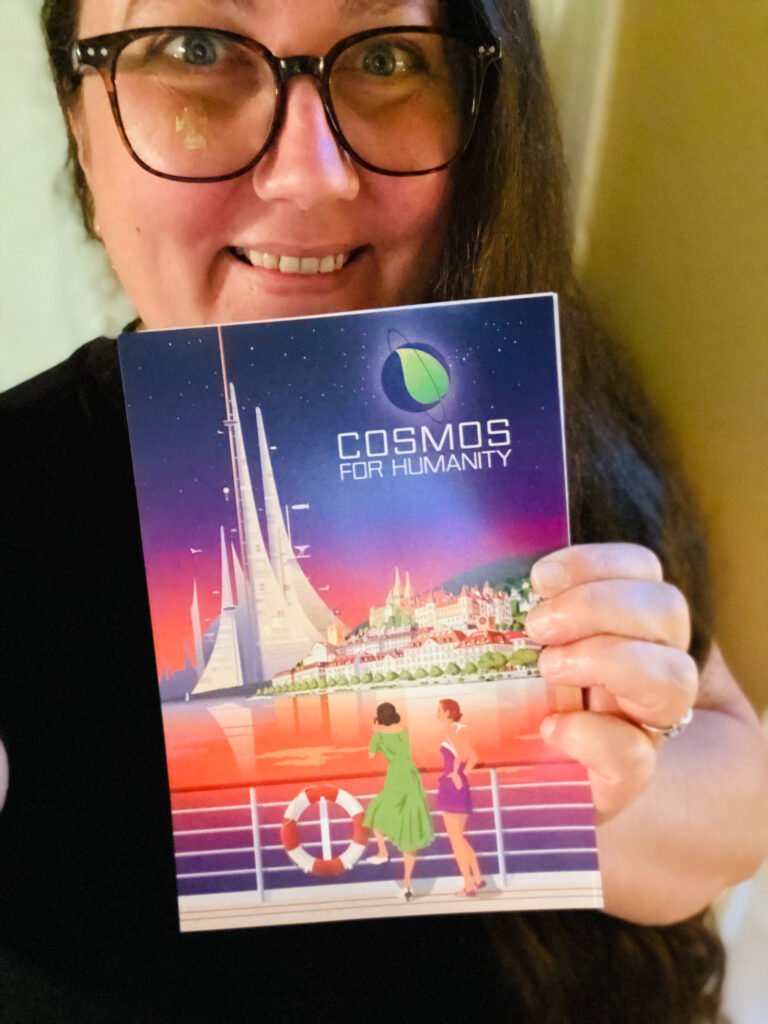
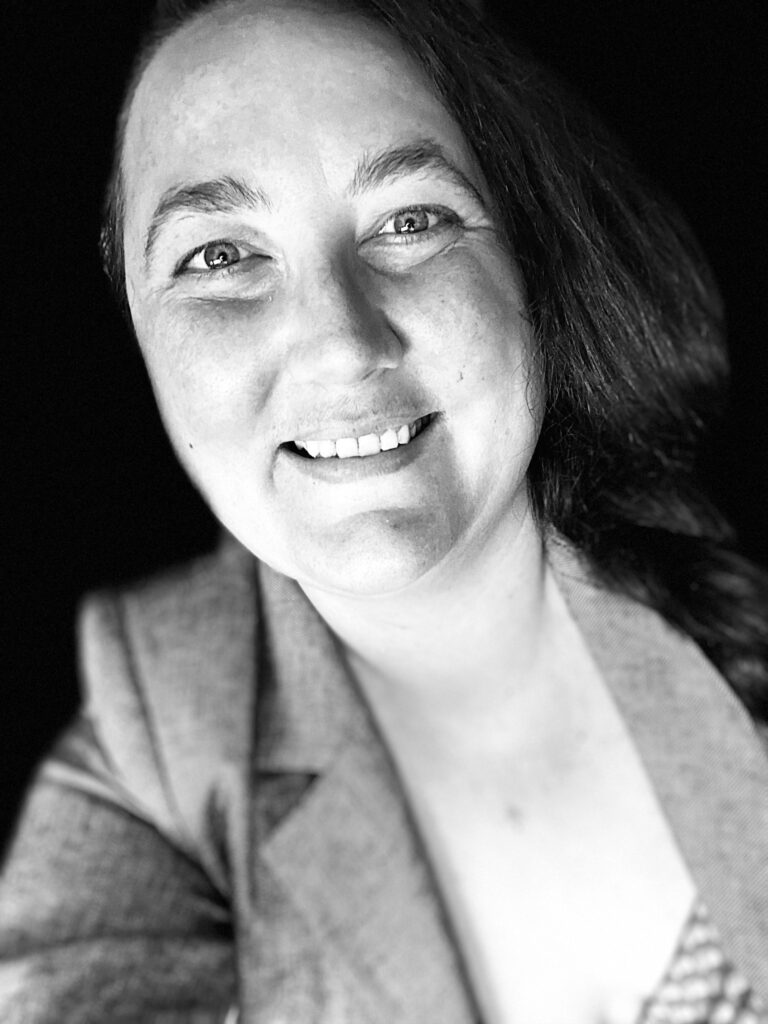
How do you see technology evolving in the next ten years?
I see global society, and thus the world’s systems, turning primarily towards a more ecologically supportive and mindful path. The development of economically viable and equitable circular economies, clean energy and environmental monitoring technologies, sustainable space and agricultural practices are key if society wants to evolve much past the next generation. I am optimistic in my belief that what will be created through this evolution will be towards the mitigation of societies’ past anthropocentric ally-driven, ecological unconsciousness.
I anticipate there will be a collective, international focus on policy related to environmental equity and justice in future technologies to prevent the impacts of the casting of ecological and social harm to others. The most influential and important technologies will be those that not only mitigate environmental risks but enhance social life for all on this planet. For instance, this can be seen in the current global effort to protect the sustainability of Earth’s orbit through NGOs such as Cosmos for Humanity.
What would you like the industry to look like in ten years?
I would like to see tech created by and equitably serving all peoples, groups, and communities. I would also like to see gender disparities in tech and other STEM disciplines narrowed or erased across the globe. This means we need more mentors and more role models for young girls to look up to so they can find their way to being STEM and space-savvy. Some many amazing organizations and individuals are invested in this task, such as the Space Generation Advisory Council, Girls Who Code, and the Women in Aerospace Network, just to name a few.
On the flip side, I also hope that ageism dissipates in all aspects and career paths within tech and STEM so that everyone can draw from their individual experiences and expertise to influence a sustainable future for humanity and the Earth’s systems. There are also those at work on this challenge, such as the Society of Women Engineers’ Stem ReEntry Task Force or the UK and Australia’s Stem Returners programs.
What are the three characteristics you have that make you successful in tech?
My flexibility and adaptability, sociological mindfulness, and creative visual imagination are three characteristics that make me successful.
What is the most challenging thing you had to deal with during your career?
I have had a few chapters in my adult life career-wise, and I think the most challenging moments and lessons came to me while working as a caregiver. Working with those in the end stage of their current life is a humbling and rewarding experience, but it is also incredibly challenging and heavy on the heart. During the first year of the COVID-19 pandemic, I had the honour of caring for an amazing woman with whom I got to be very close. One of my many mentors in this lifetime. But through this, I was challenged with experiencing firsthand how societal unrest and trauma can shorten one’s life and can aid in one’s decline. Experiencing my client not being able to see her family due to understandable and needed protocols and then seeing how this aided in her mental deterioration was very difficult.
What is your greatest achievement up until today?
My greatest achievement until today was being selected for my first NASA internship. This was a life-changing achievement for me, and I am honoured to have made it to this point. I am thankful for the part I get to play in our collective future. Once I found my place in space, I set my sights and goals higher, and I am so proud of myself for achieving and going beyond where I thought I could reach. NASA and my support at SHSU have been paramount in helping me find my voice and direction.
What is your next goal?
My next main goals are to secure a Spring NASA internship and narrow down my thesis topic and question for my master’s Thesis project. My focus will involve space in some fashion, and I hope to combine my background in environmental sociology, sustainability, gender, and space into something meaningful and influential.
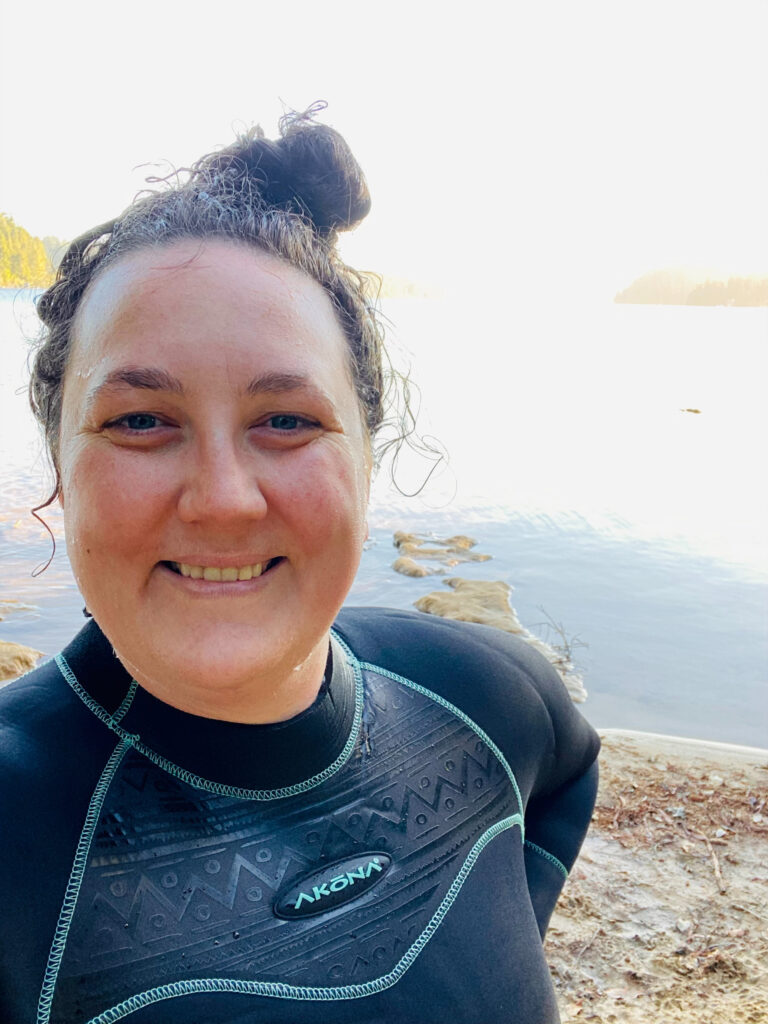
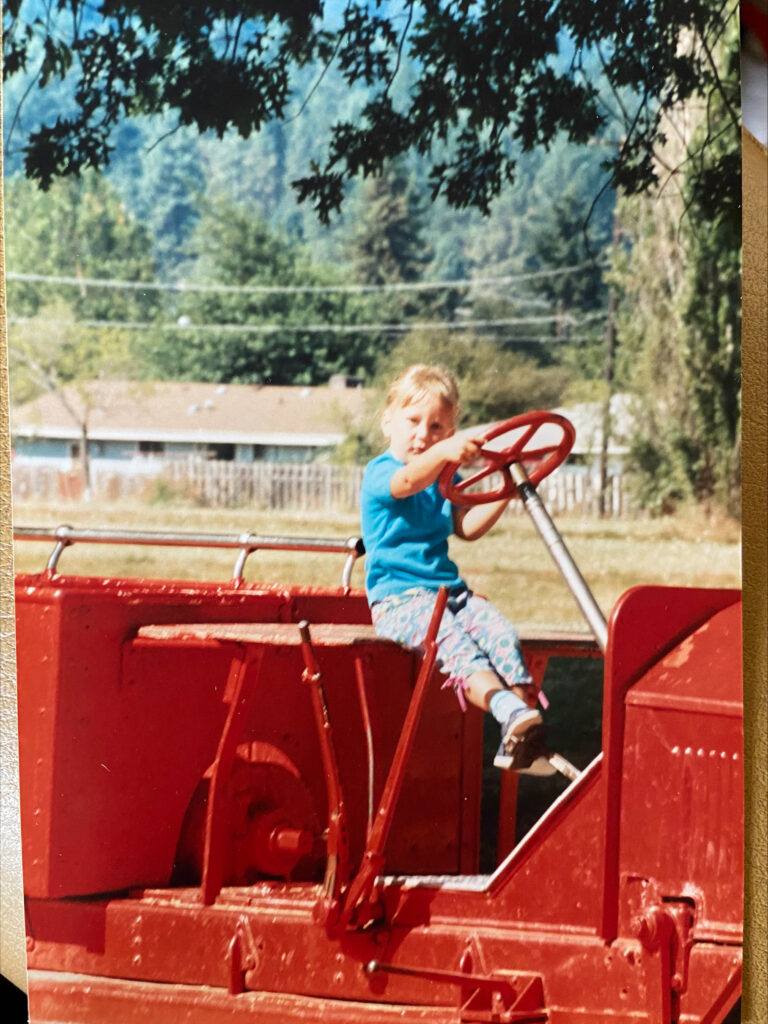
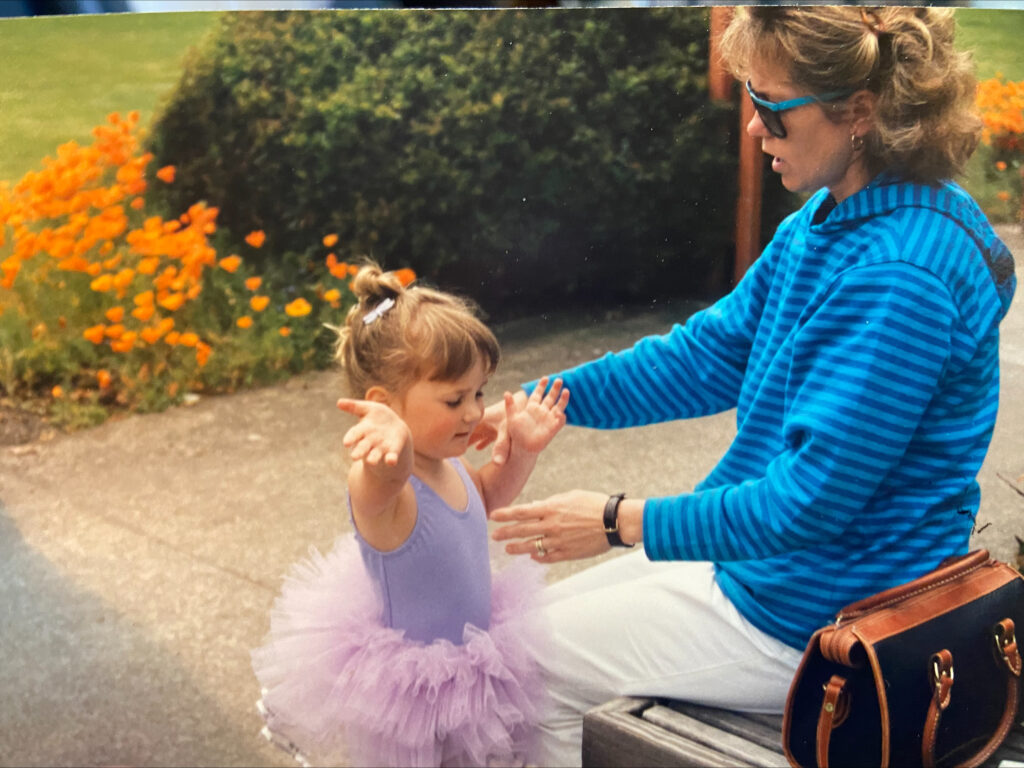
What tips do you have for people wanting to start in the tech world?
My advice would be to spend time honing and creating your LinkedIn profile. Take time to practice and learn how to network successfully through the platform. I personally do not think that I would have been able to accomplish so much so fast, nor earn my way into the positions I’m in now, without this social platform. I heard about SGAC for the first time on LinkedIn, and I discovered my NASA internship on LinkedIn. It is an invaluable service, especially for those interested in interacting internationally. As the tech and space worlds are global by nature, LinkedIn is such a useful tool for keeping up to date on all that is constantly happening. There are always opportunities to join a conversation and make a connection, and these connections, if nurtured, can grow into opportunities.
If you could say something to your younger self, what would it be?
I would tell myself not to prioritize what others think or say about me and not to second-guess my intuition. I would also say, as much as my feisty teenage self wouldn’t want to hear it, whether you like it or not, Mom and Dad are right…most of the time.
Which famous person would you like to have dinner with and why?
I had a very difficult time picking just one person, so I’ll take this one a different route. Since the first Nobel Peace Prize was awarded in 1901, 60 women have become laureates. These women include inspirational and enigmatic figures such as Marie Curie, Emily Greene Balch, Malala Yousafzai, and Mother Teresa. Instead of a single dinner, I would love to turn it into a banquet, erase the sands of time, and gather these influential women together. We would discuss how society, peace, justice, gender, technology, and education have evolved over the past century. I would inquire what they each believe is the key to a sustainable, just, and peaceful future for all.
Where would you like to travel next?
I would love to travel to Iceland, as one of the top things on my travel bucket list is to soak in a hot spring under an aurora. Almost nothing sounds as spectacular and profound to me as sitting in hot mineral water, in the freezing cold (or better yet, snow), on or near a volcano, surrounded by our universe’s phenomenal beauty.
Do you have a person who influences or motivates you?
I am fortunate to have an incredible community behind me, including my partner, family, friends, colleagues, and mentors who continuously support, influence, and motivate me. It would take an entire novel’s worth of words to give credit to all who deserve it. So many people’s wisdom and support have aided me in arriving where I am today and propelled me to find both the extrinsic and intrinsic motivation I need to push forward and succeed.
What did you dream of creating/inventing/doing as a child?
I went through many phases of who I wanted to become and what career trajectory I wanted to follow as a child. There was a time when I dreamed of becoming a famous musician, an actor, or a photographer. I had a phase where I wanted to be a marine biologist, a dolphin trainer, a volcanologist or an astronomer. Also, I had a phase where I wanted to be a placekicker for a football team. I thought about joining the Peace Corps in high school, and if I had had it my way, I would have done it all simultaneously.
What advice do you give to young girls who want to follow similar careers?
Learn how to network. Take every opportunity you are granted, talk to everyone you can, and make yourself known to everyone. Be willing and excited to support others and build community. Every person and every situation has something to teach, so be open to pursuing the lesson.
Seek and value mentorship.
Believe in yourself and trust your intuition, but know you won’t get it right every time. This doesn’t mean you failed; it means you are putting yourself out there, trying, and learning. Don’t be afraid to go down a path, as there are lessons to be gained through every twist and turn, celebration and rejection. You can always step off later and find a new direction.
Approach every moment with curiosity. Always ask questions, and never stop asking questions. Read books, consistently absorb knowledge, and take time to contemplate reality.
Find a hobby that gets you in front of and engages with others to build confidence. Whether this is performing music, joining a debate club, competing in a science fair, or playing sports, find a way to put yourself out there. This is not only to enjoy and experience community, but it’s also to practice communicating and advocating for yourself.
Thank you again for this opportunity to share my story.

